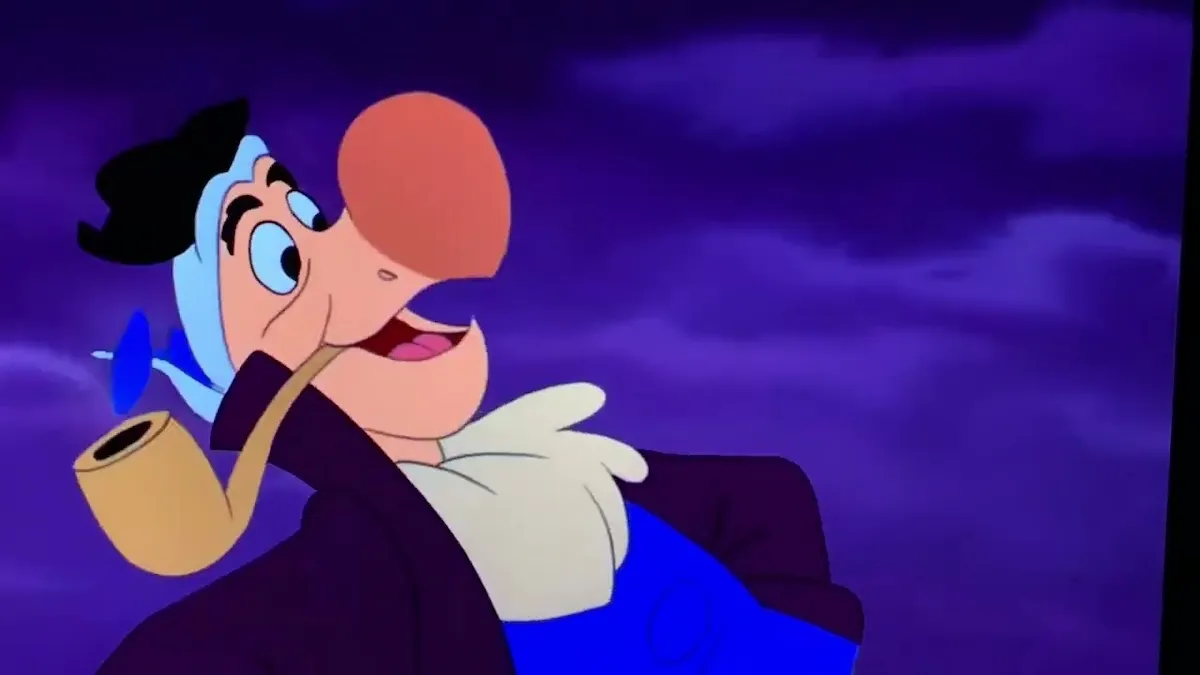In what is either the beginning of the downfall of society as we know it, or a breakthrough in scientific advancement, a private company is throwing caution to the wind and bringing back the dodo bird from extinction. There is obviously no in-between.
U.S.-based genetic engineering and biotechnology and Colossal Biosciences—which we all agree sounds like a stock-villain name for an evil conglomerate in a movie, yes?—has taken it upon itself (with some urging from an NGO) to not only decode the dodo genome but also, go straight to wanting to introduce it back into its native environment of Mauritius, the only known-historical home of the bird. (Mauritius is a tiny island way off the southeastern coast of Africa if geography isn’t your strong suit. It’s not mine, either.)
The dodo has been extinct since 1681, in large part because European colonizers (the stock-villains of the world!) hunted it and introduced non-native predators into its environment.
So if you’re wondering how Colossal Biosciences can do this, the answer is science! Per CNN:
The full genome of the dodo has been sequenced by Beth Shapiro, lead paleogeneticist at Colossal. In addition, the company says it has now sequenced the genome of the solitaire, an extinct relative of the dodo from Rodrigues Island, close to Mauritius, and the Nicobar pigeon, the dodo’s closest living relative, which resides on islands in Southeast Asia spanning the Indian and Pacific Oceans.
Geneticists at Colossal have found cells that act as a precursor for ovaries or testes in the Nicobar pigeon can grow successfully in a chicken embryo. They are now researching to see if these cells (called primordial germ cells, or PGCs) can turn into sperm and eggs.
So we can go one of two routes, here: the first celebrating how far, scientifically, we’ve come as humans. We’re at the “bringing extinct animals back from the dead” phase of our evolution. Your time in the sun is coming again Tasmanian tiger!
On the other hand, we’re at the “bringing extinct animals back from the dead” phase of our hubris, and this effort is not being led by a team of global government-appointed scientists. It’s being spearheaded by a company (funded by tech-bro VC money) whose CEO got in hot water for taking money from Jeffrey Epstein’s non-profit. Yes, that Jeffrey Epstein. So, perhaps, maybe this company in particular is not the best choice to steward in this whole thing? As I reminded myself last night upon drinking way too large of a glass of eggnog in a short amount of time: Just because you can, doesn’t mean you should.
What if the dodo comes back, well, wrong? What if it turns out dodos are like elephants, and have genetic memory? Humans are the reason the dodo is extinct, after all. If something took out your entire species wouldn’t you want revenge?! I mean, yes, historical records point to an overly friendly bird that would walk right up to its predators. (And again, up until the Europeans got there, it had none.) Mauritius is a tiny, relatively remote island. What if instead of its location keeping the rest of the world away from the dodo (until it didn’t), it was actually the reverse—that the island was a way to keep the dodo in, and now some company wants to bring it back. What if this time, the dodo doesn’t want to stay? What if the dodo wants out?? The sci-fi/horror prompts write themselves.
In theory, this is a good idea for the environment, at least according to some people.
The bird’s large beak is an indicator that it consumed large-seeded fruits, he [Vikash Tatayah, director of conservation at Mauritian Wildlife Foundation (MWF)] explained, and the dodo played a role in the seeds’ dispersal. Some of these plant species are threatened or highly threatened, he added, one hypothesis being that the seeds are no longer being sufficiently dispersed and primed for germination without the dodo and other extinct large species (another being the domed Mauritian giant tortoise.).
“I think (the dodo is) going to be a big bonus for the restoration of ecosystems,” said Tatayah.
CNN
Well, if you say so! This is all very hypothetical, isn’t it? The U.S.-based startup isn’t acting alone, but in partnership with the MWF, whose “backers” include the United Nations and the European Union, according to Bloomberg. Which makes me feel a little better about this, I guess. At least this isn’t just the work of a single private company whose co-founder spends his time writing about bringing extinct animals back from the dead framed with a Jurassic Park narrative in a Rolling Stone article.
Don’t go booking a ticket to Mauritius to see the newly-alived dodo just yet. This is a process that will take years, if not decades, to get going:
The director of the Mauritian Wildlife Foundation said that in any case, the dodo’s return is “not going to happen overnight … we’re talking about probably a decade.” The birds would be created in the US and would need to be imported, he explained. Citing the legal and political dimension of the project, he said “the years may add up.”
CNN
I guess that all means we have time to prepare. For what? Well, that’s a mystery. If I were you, though, I’d start thinking about how I could make amends to the dodo, just in case.
(Featured Image: Walt Disney Productions)









